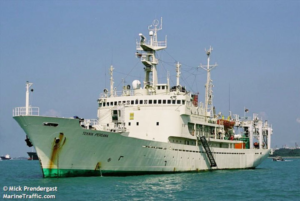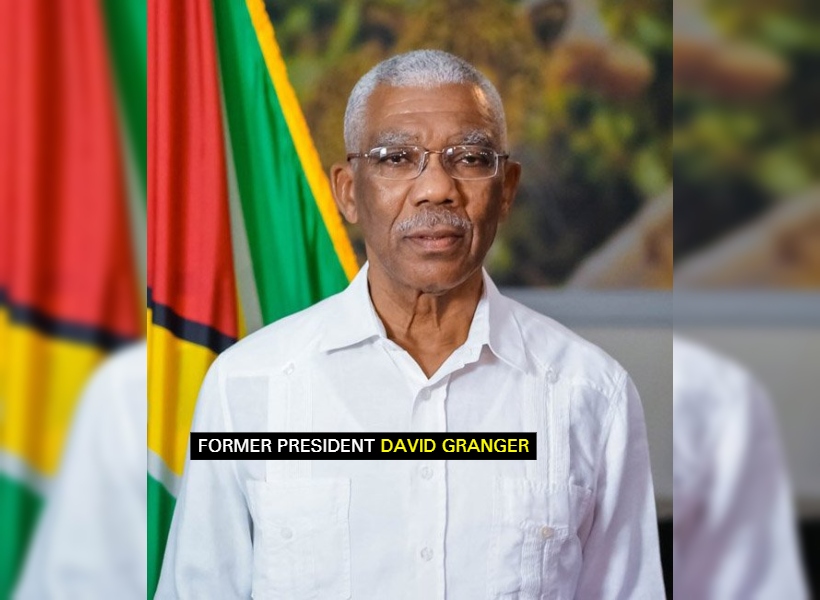Government’s 2023 Petroleum Activities Bill incorporates provisions to address cross-border unitization of discoveries. The term is used in a circumstance where a petroleum reservoir extends into the territory of a neighboring country, including various zones such as the territorial sea, contiguous zone, continental shelf, and exclusive economic zone.
Section 44 subsection (1) states that in such cases, the Government of Guyana, represented by the Minister of Foreign Affairs, can engage in negotiations with the respective government of the neighbouring country to establish an agreement for the unitization of the cross-border reservoir.

Section 44 subsection (2) of the Act notes that ” When negotiating a cross-border unitization treaty with a neighbouring state the Government of Guyana, upon consultation with the licence holder, may make available, to a limited extent, under confidentiality agreement, information about the cross-border reservoir or geological structure that may be considered confidential under this Act and the respective petroleum agreement, to enable tract determination”.
Further, it states that the licensee shall assist the Government of Guyana and submit to the Minister technical studies supporting the cross-border reservoir tract determination process, however, no unitization agreement can be made between the licensee and the holders of rights to the cross-border petroleum reservoir in the neighboring country until a unitization treaty or agreement is reached between the Government of Guyana and the neighboring state where the reservoir extends.
Subsection (5) emphasizes that in cases where the same license holders possess rights to the cross-border petroleum reservoir on both sides of the border, the Minister is responsible for initiating an independent tract determination process to ensure a fair allocation of resources within the portion of the reservoir situated beneath Guyana’s national territory, including internal waters, territorial sea, contiguous zone, exclusive economic zone, and continental shelf.
Furthermore, subsection (6) states that when the circumstances described in subsection (5) arise, the Minister has the authority to direct the licensee to promptly share all data, interpretations, and studies related to the discovery of the cross-border reservoir. Additionally, the licensee must refrain from developing the portion of the reservoir that extends into the territory of the neighboring country until a cross-border unitization agreement or treaty is established between the respective governments.
This new addition to the Petroleum Act is of great significance for Guyana, considering the historical disputes the country has faced with neighbouring nations regarding petroleum exploration. An example dates back to 1999 when ExxonMobil, through its subsidiary Esso Exploration and Production Guyana Limited, encountered challenges from Venezuela while attempting to explore the prolific Stabroek Block. The aggressive actions from Venezuela led to the activation of force majeure provisions, halting exploration activities in 2000.
This was just the beginning of border disputes between Guyana’s neighboring countries and oil companies engaged in offshore exploration. In 2000, CGX’s efforts to drill a well on its Eagle Prospect were interrupted due to a border dispute with Suriname, with claims that the drilling rig was in Surinamese waters and subsequent intervention from Surinamese patrol boats.
Notably, Guyana’s Vice President, Dr. Bharrat Jagdeo has noted that the uniitization is not specific to Suriname and will apply wherever there are cross-border reservoirs.











